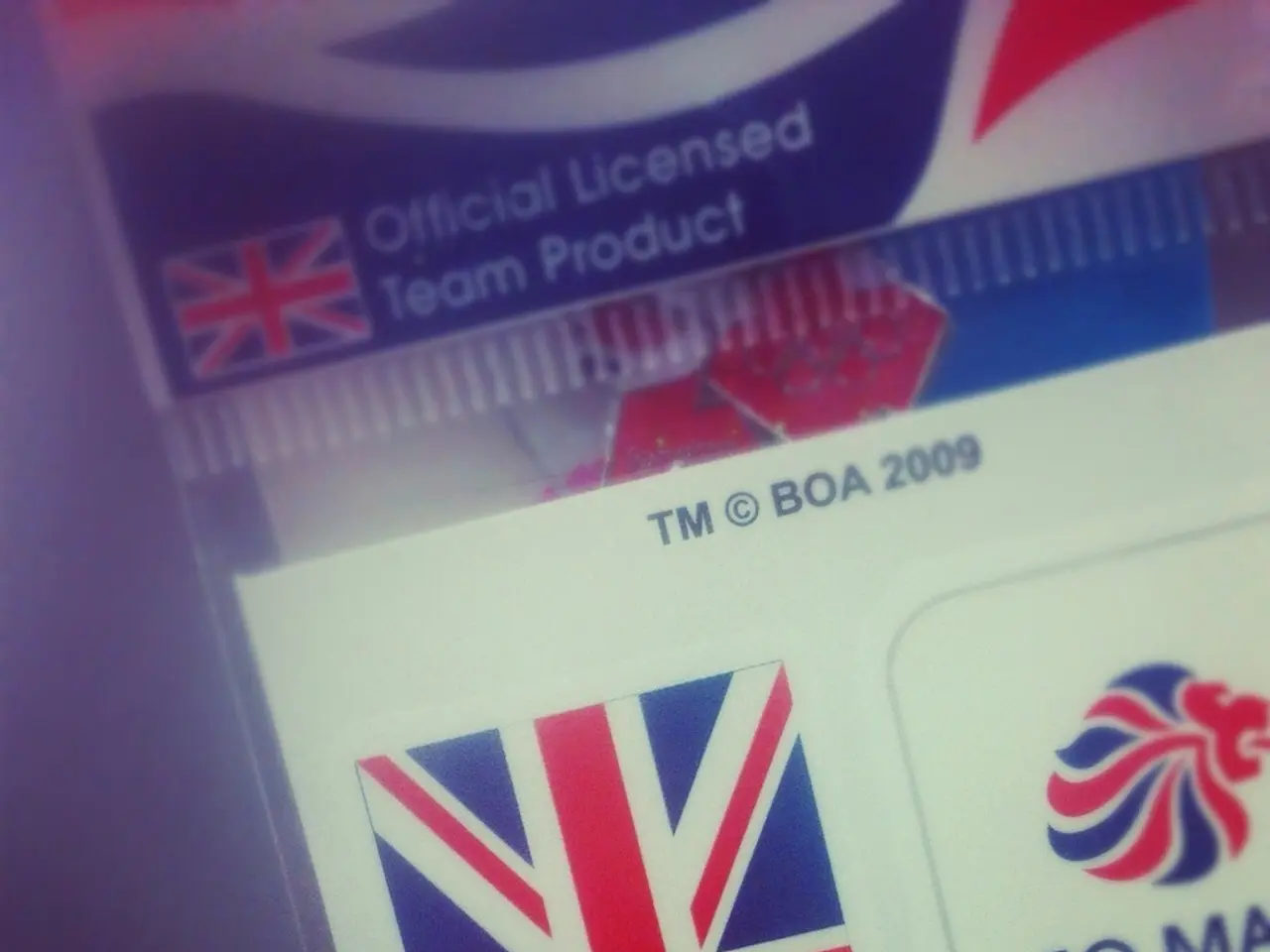Strengthened Accord Between Germany and Britain
In a historic moment, Chancellor Friedrich Merz and British Prime Minister Keir Starmer signed a comprehensive friendship treaty between Germany and the United Kingdom on July 17, 2025, marking a significant strengthening of bilateral relations. The treaty, signed at the Victoria and Albert Museum in London, focuses on security, economic cooperation, and global challenges.
One of the key aspects of the treaty is the deepening of defence partnerships. This includes the advancement of a new Deep Precision Strike capability to enhance NATO's conventional deterrence in Europe. Additionally, there is an agreement to boost joint defence exports, with the UK hoping for additional exports worth billions due to a potential change of course in Germany's strict rules.
The treaty also aims to curb irregular migration. The UK and Germany plan to implement an action plan, focusing on combating human trafficking, mutual legal assistance, support in pursuing criminals, and effective border controls. This comes as over 20,000 people have already crossed the English Channel this year, making 2025 on track to become a record year for migrant crossings.
In a bid to boost economic ties, the partnership is expected to attract investments from companies like Cognigy, osapiens, and Siemens Energy, creating new jobs in the UK. The treaty also reaffirms the commitment to Ukraine's recovery, reconstruction, and reform, with annual Ukraine Recovery Conferences planned to improve joint action among humanitarian, development, and peace actors.
The treaty also includes concrete travel facilitation measures such as visa-free travel for German school trips to the UK. However, students without a German passport will still need a UK visa. The UK will also allow the use of automated border control points (E-Gates) for British travelers from late August.
The treaty further strengthens cooperation in combating cross-border crime, with a focus on money laundering, illegal financial flows, and drug trafficking. An expert group will look for solutions to mobility issues created by Brexit, particularly in the areas of education, science, culture, and political organizations.
To further enhance security cooperation, the treaty reinforces the normalization of UK-German relations, positioning the UK, Germany, and potentially France at the heart of European security cooperation. The treaty also reaffirms their military assistance obligation in case of attack, as established through their NATO membership.
In a move to address the issue of migrant smuggling, Germany is set to criminalize facilitating illegal migration to the UK by the end of 2025. This change will help law enforcement investigate and prosecute those involved in smuggling networks.
A particularly exciting development is the plan to create a European weapon system involving both countries, capable of hitting targets up to 2,000 kilometers away. The first direct trains from Germany to the UK, passing under the English Channel, are expected to start running within ten years.
The Labour government of Prime Minister Starmer is under domestic pressure to reduce the increase in boat migrants crossing the English Channel. This treaty is a significant step towards addressing this issue and strengthening UK-German relations.
- What is the focus of the UK and Germany's action plan to curb irregular migration, as mentioned in the treaty? It includes combating human trafficking, mutual legal assistance, support in pursuing criminals, effective border controls, and stemming the record-breaking number of migrant crossings in 2025.
- In order to boost economic ties, the treaty is expected to attract investments from companies like Cognigy, osapiens, and Siemens Energy, and reaffirms the commitment to Ukraine's recovery, reconstruction, and reform, with annual Ukraine Recovery Conferences planned to improve joint action among humanitarian, development, and peace actors.
- To further enhance security cooperation, the treaty reinforces the normalization of UK-German relations and reaffirms their military assistance obligation in case of attack, as established through their NATO membership. Additionally, a European weapon system involving both countries is planned, capable of hitting targets up to 2,000 kilometers away, and direct trains from Germany to the UK, passing under the English Channel, are expected to start running within ten years.






